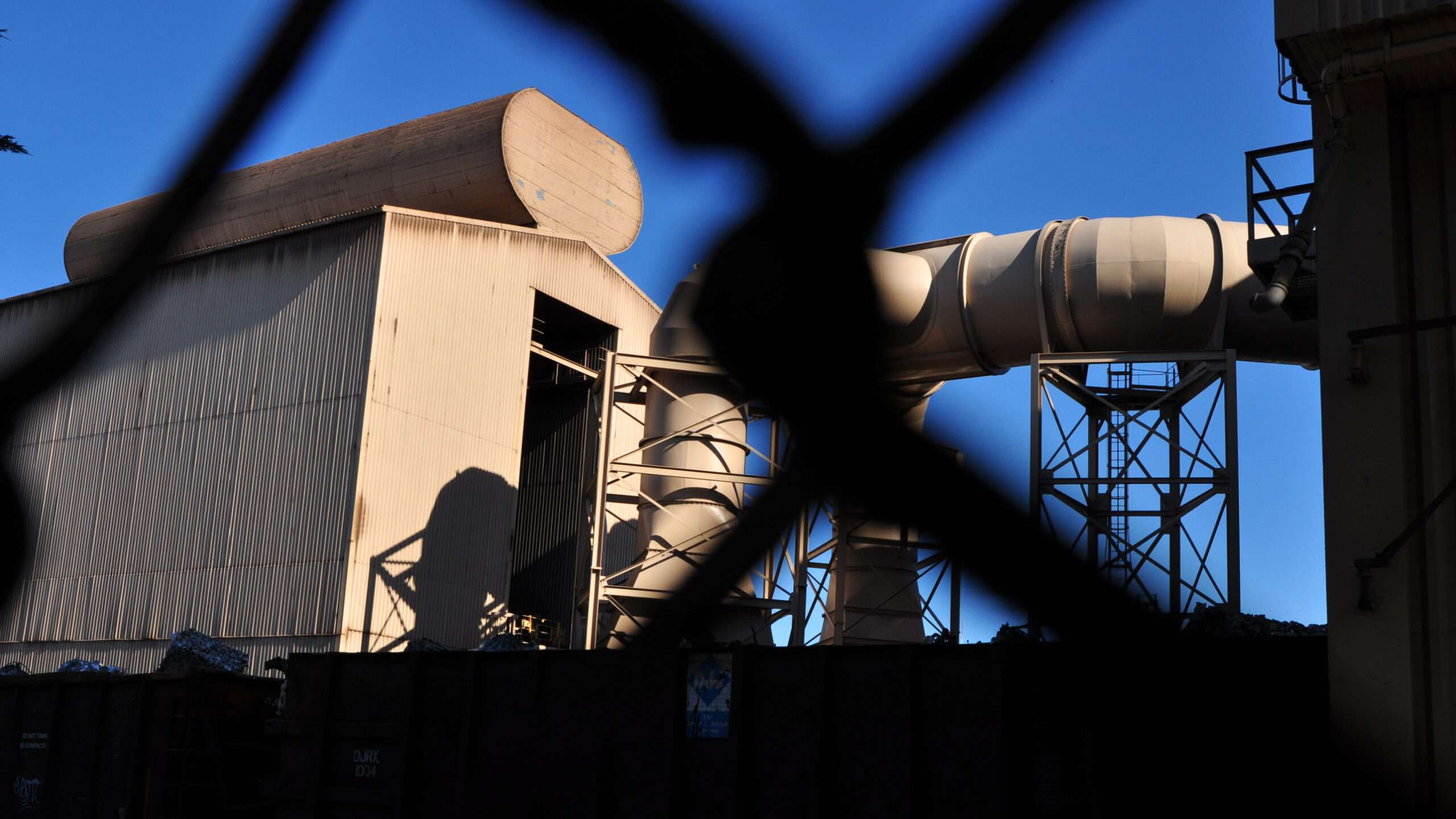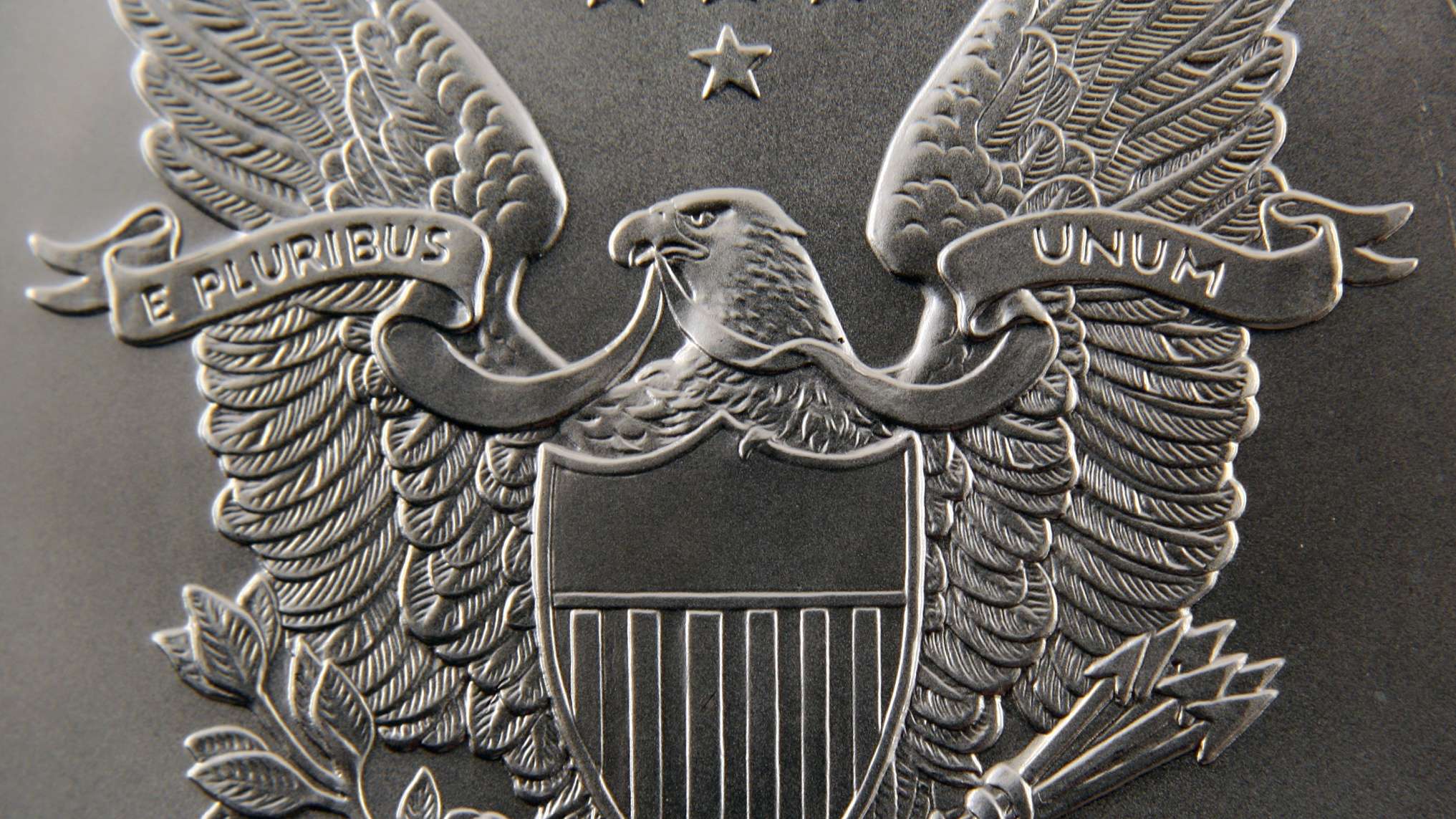Editor’s note: This rumored tightening of Buy America rules for government procurement is welcome. There is a strong anti-Buy America group of congressmen and senators that often block similar rules in legislation.
The White House is preparing a new executive order expanding rules favoring American-made products in government projects, according to four administration officials and two other people familiar with the matter.
[Kayla Tausche | August 15, 2018 | CNBC]
The order, which is said to be nearing completion, would apply current “Buy American” provisions to programs where they do not currently exist. In particular, the rules will apply to infrastructure projects such as roadways, pipelines and broadband.
Earlier iterations of the order sought broader – and stricter – mandates for federal agencies to source U.S. goods and services, but the language was significantly tailored during the months-long, inter-agency review as procedural and ideological roadblocks arose, three of these people said.
The release of the order would conclude a contentious process that’s lasted more than six months in which multiple federal agencies and offices – the Department of Defense, the Small Business Administration, the Department of Transportation, the Office of Management and Budget and the White House’s Office of Legal Counsel – raised concerns about the potential purview of the order, originally proposed by one of President Donald Trump’s key trade advisors, Peter Navarro.
Reached for comment, Navarro said: “It’s not my job to correct fake news.”
Among the concerns raised in recent months, according to three people familiar with the matter: a legal question of whether the executive branch alone could require vendors to source specific products and a financial question of how much such a policy would cost the government. For the latter reason, significant opposition was said to emerge from the Office of Management and Budget, which would be tasked with issuing guidance to other agencies involved in the order.
“The expectation is that it would cost a lot more money,” said one person familiar with the matter, who requested anonymity to discuss a private deliberation. “If an agency chooses to buy a product not made in America, one main reason would be because it was more cost-effective.”
The total dollar amount of federal outlays affected by the new order is unclear, as is the estimate for the potential cost increase.
The federal contracting process already has long-active regulations prioritizing U.S. domestic goods over foreign goods. Civilian agencies give a price advantage to up to 12 percent for purchasing U.S. domestic goods, while the Defense Department gives a price advantage of 50 percent.The Buy American rules, which pertain to state and local transportation projects often funded by the Federal Transit Authority, require 100 percent of the materials come from the U.S.
Under both laws, waivers can be granted if the cost of using U.S. products is considered unreasonable.
“Typically, if we see a change in sourcing, it’s usually going towards a place like China or India as opposed to coming back to the U.S.,” said Michael Mason, partner at Hogan Lovells who represents government contractors. “And the reason why companies are doing that is because labor and materials are cheaper, and they could offer the government a lower cost.”
The forthcoming proposal expands on previous efforts by the Trump administration and, specifically, Navarro’s White House Office of Manufacturing and Trade Policy, to reinforce preferences for American goods and services in government business.
“The laws have not changed, but I know agencies have been instructed to ensure that they’re in compliance,” said Karen Harbaugh, partner at Squire Patton Boggs focused on government contracts. “I have seen requests for waivers being given heightened scrutiny.”
A January 2017 executive order ordered all new pipelines to be made using American-made material. An April 2017 executive order directed agencies to review existing Buy American policies in order to “maximize” preference for US goods and workers. A July 2017 executive order commissioned a wholesale review of the manufacturing and supplier base for the Department of Defense. A Pentagon spokesman says the resulting report has been submitted to the White House.
“The Department of Defense continues to work closely with all inter-agency partners to implement policy, legislation and executive orders. At this time, there isn’t anything to provide on a new or forthcoming executive order.” said Lt. Col. Mike Andrews, a spokesman for the Department of Defense. He referred requests on this specific issue to the White House.
The White House did not respond to multiple e-mails and phone calls seeking comment.













